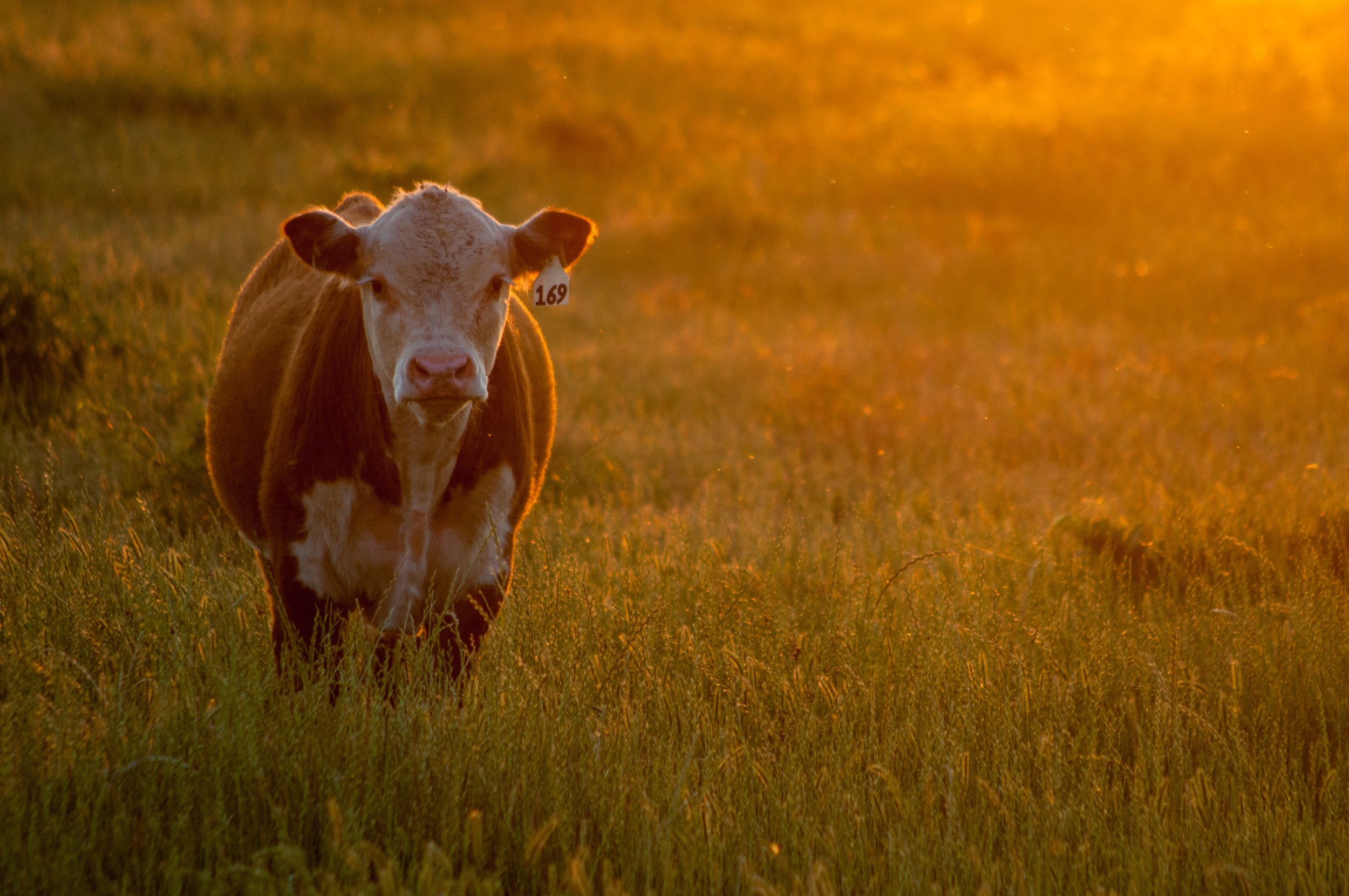Grass-Fed or Grain-Fed?
2nd February 2019
Our Carbon Footprint
It’s no secret that global warming is among the most talked about environmental issues today. Although there are many causes for this phenomenon, the traditional production of grain-fed meats stands to be one of the largest contributors.
There are a number of reasons why this type of agriculture is more harmful than producing grass-fed meats.
Firstly, it relies heavily on fossil fuels to power machinery during the grain-planting process, and produce fertilisers in order to nurture the land. And because the animal feed is produced in a different location more carbon is expended in transport. The extraction of these fossil fuels produces damaging carbon emissions.
Secondly, it employs harmful pesticides to increase crop yields. These pesticides end up leaching into waterways, thereby upsetting the natural balance of the ecosystem.
In contrast, producing grass-fed meats is a more harmonious way of raising animals. Kiwi farmers are blessed with an abundance of clean water and a temperate climate, so let their herds graze in open fields their whole lives without having to rely on grain-based feed.
Besides the obvious benefits of the more ethical treatment of livestock, this method of grazing has other advantages. As cows move around the paddocks they trample manure and unconsumed plants into the soil creating a natural nutrient-dense fertiliser, which actually helps remove carbon from the atmosphere.
Keep The Cows Happy
Another reason we promote grass-fed meats is for the ethical aspects. Left to their own devices cattle graze on grass, as nature intended. On the other hand, the imposition of a grain-based diet is a modern invention to artificially accelerate weight gain. We believe that allowing animals to roam freely on open land is not only kinder, but healthier. In contrast, animals raised on grain are typically kept in feedlots in cramped conditions.
Our suppliers share our philosophy and care deeply about the provenance of their products. We can therefore be confident in their commitment to upholding our high sourcing standards. The result is not only happier and healthier animals, but meat that is tastier and better for you.

